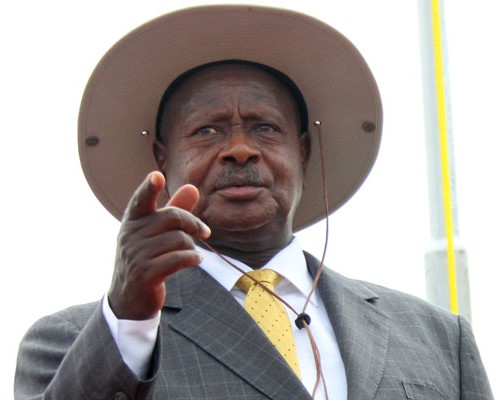
In January 2020, I spoke with Charles, a Nigerian journalist studying in Uganda. One of the standout topics we discussed was the “Over the Top (OTT) Tax.” Implemented in 2018, this policy required Ugandans to pay a daily fee of 200 Ugandan Shillings to access social media platforms.
The introduction of the tax caught many off guard. Recalling the moment it began, Charles said, “On July 1st, I was scrolling through Facebook, and suddenly, it stopped working. I spent hours trying to fix my Airtel Mifi, only to realize around 2 a.m. that the new tax was live.”
When I asked if bypassing the tax with a Virtual Private Network (VPN) was possible, Charles explained that while some VPNs were included under the OTT tax, many Ugandans still used other VPNs or public Wi-Fi to evade the charges. Despite public concern that the tax was a tool for censorship, the government framed it as a revenue-generating measure.
According to Vincent Semura, a representative of Uganda’s tax authority, the levy was introduced to counter the loss of revenue from traditional telephone communication, which was being replaced by internet-based services.
A Policy That Backfired
The government’s expectations, however, did not align with reality. While they anticipated raising $77.8 million (248 billion Ugandan Shillings), they managed to collect only $13.5 million (49.5 billion Shillings).
The tax’s impact extended beyond revenue shortfalls—it significantly reduced internet usage. Data from the Uganda Communications Commission (UCC) showed a drop of 5 million internet users within three months of the tax’s implementation. A more recent report revealed that out of the country’s 18.9 million internet subscribers, 7.6 million managed to avoid the tax altogether.
The government has since acknowledged the shortcomings of the OTT tax. However, rather than eliminating it entirely, they plan to replace it with a broader excise duty on internet bundles.
![]()
Proposed Internet Bundle Tax
The new proposal, expected to take effect on July 1 if approved by parliament, introduces a 12% excise duty on internet data. This tax will exempt data used for medical and educational purposes but will apply to all other uses, making it nearly impossible to bypass. Unlike the OTT tax, which could be avoided with VPNs, this levy would be charged at the point of purchase, leaving no room for evasion.
If implemented, the government hopes the tax will help meet its revenue targets. However, it risks further excluding people from the digital space. Despite Uganda’s population of approximately 45 million, only 12 million citizens currently have internet access. While there has been some growth in internet usage between 2020 and 2021, this new policy threatens to widen the digital divide and slow progress in bridging the gap.


